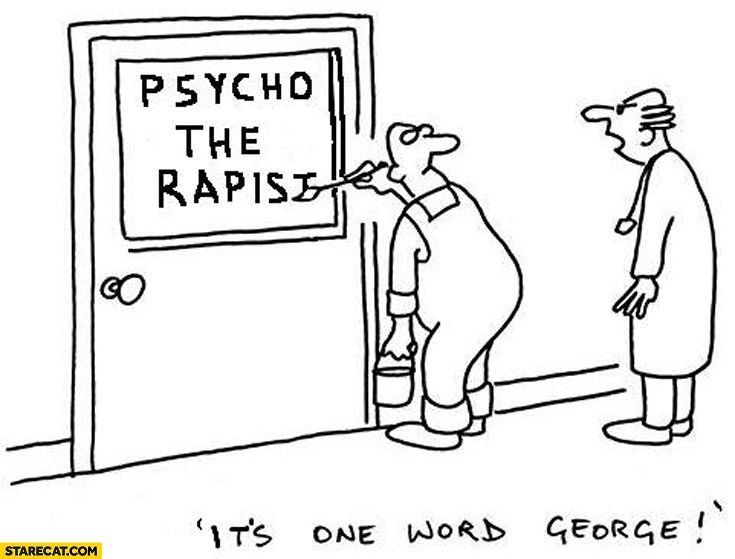Mental Health and Chronic Illness: Why a Psychologist Belongs on Your Team of “Ologists”
I’d love to take credit for coining the term “ologists.” It’s possible I made it up. But honestly, it’s more likely one of my brilliant former clients, living with multiple chronic illnesses, used it to lovingly refer to her medical team: Cardiologist, Neurologist, Endocrinologist, Rheumatologist... you get the gist.
If you already have a full squad of “ologists,” the thought of adding one more might make you want to scream into a pillow. Totally valid. But if you’ve ever found yourself ugly-crying in the parking lot after a doctor’s appointment, or battling feelings of shame, fear, guilt, or burnout, you might want to consider a friendly Psychologist (or any good therapist, really) as your next MVP.
This blog post is a perfect reason to use of my favorite therapist cartoon…
Here’s why therapy might be exactly what the doctor didn’t order, but absolutely should have:
1. Medical trauma is real. No, you are not being dramatic.
Scary diagnoses, emergency interventions, gaslighting from providers: all these events can put your nervous system into an overdrive. Trauma responses don’t care if your medical chart says “stable.” You need a safe place to process it all, and no, ranting to your dog may not be enough (though they are excellent at emotional support).
2. The grief is real, too.
Losing the health, energy, or identity you once had? That’s grief. Therapy can help you feel ALL the feelings safely and productively, so that you do not end up stuck in survival mode forever.
3. Your other “ologists” aren’t trained for this part.
Sure, they’re experts in their fields. But unpacking why you feel like a failure? Listening to you – like, really listening? Letting you cry and vent? That’s not usually their jam. Therapists, on the other hand, are the experts in helping you address the emotional side of living with a chronic illness. Totally our lane.
4. Burnout is mental. (In other news, water is wet…)
Chronic illness burnout hits hard. Therapy helps you make sense of it and find ways to manage it without judgment, shame, or “have you tried cinnamon” advice. Bonus: better mental health usually means better management of your chronic illness. Win-win.
5. You are more than your diagnosis.
In therapy, you get to be your full, messy, exhausted, authentic self. Rant. Swear. Cry. Laugh. Repeat. And when you’re done, we will help you figure out how to keep going and move from survival to thriving.
Living with chronic illness is hard but you don’t have to go-it alone. Therapy can give you the support, tools, and space to be the best version of yourself, even on days when your body is being defiantly non-compliant. We, Psychologists, (and other therapists) come with empathy, insight, coping strategies, and of course healthy dose of sarcasm and dark humor.

